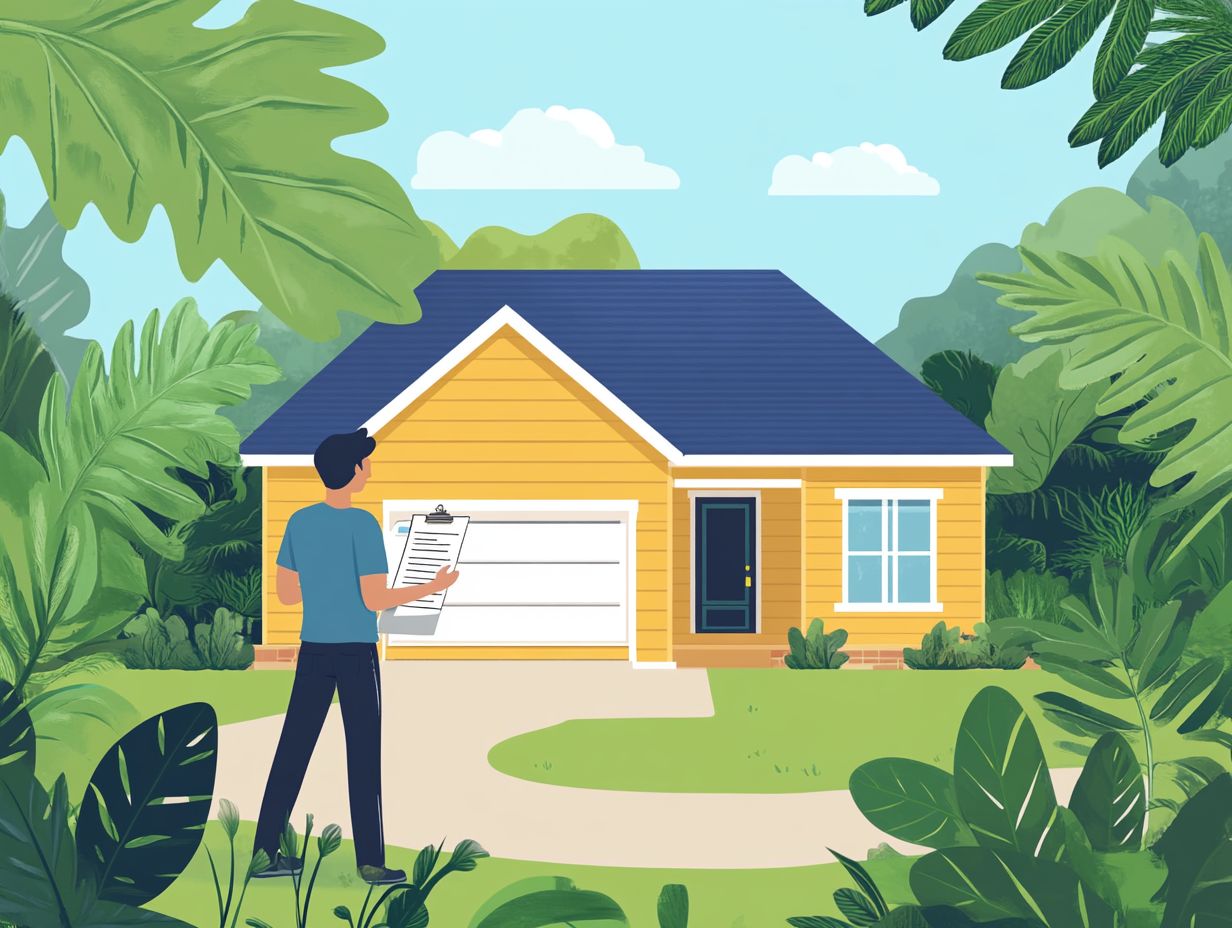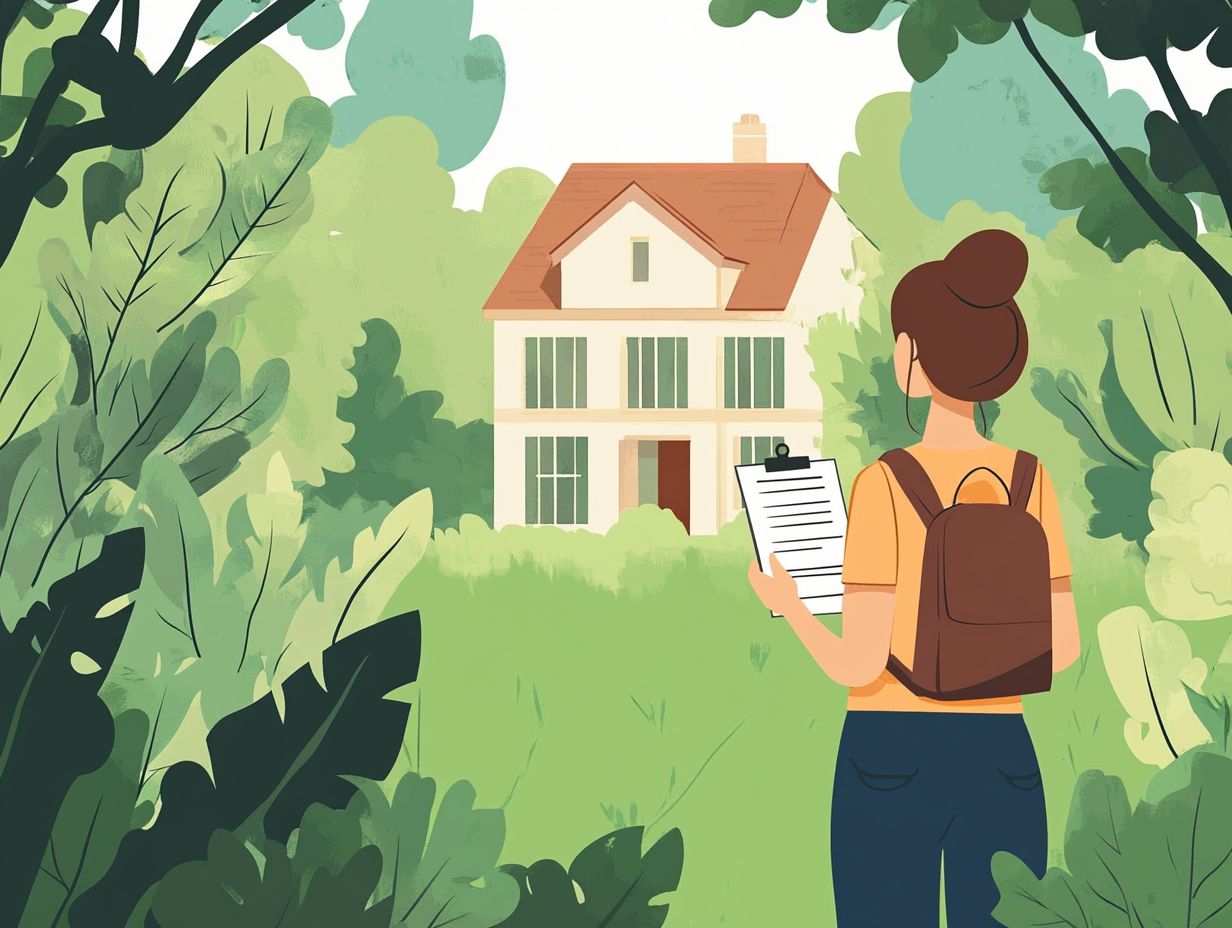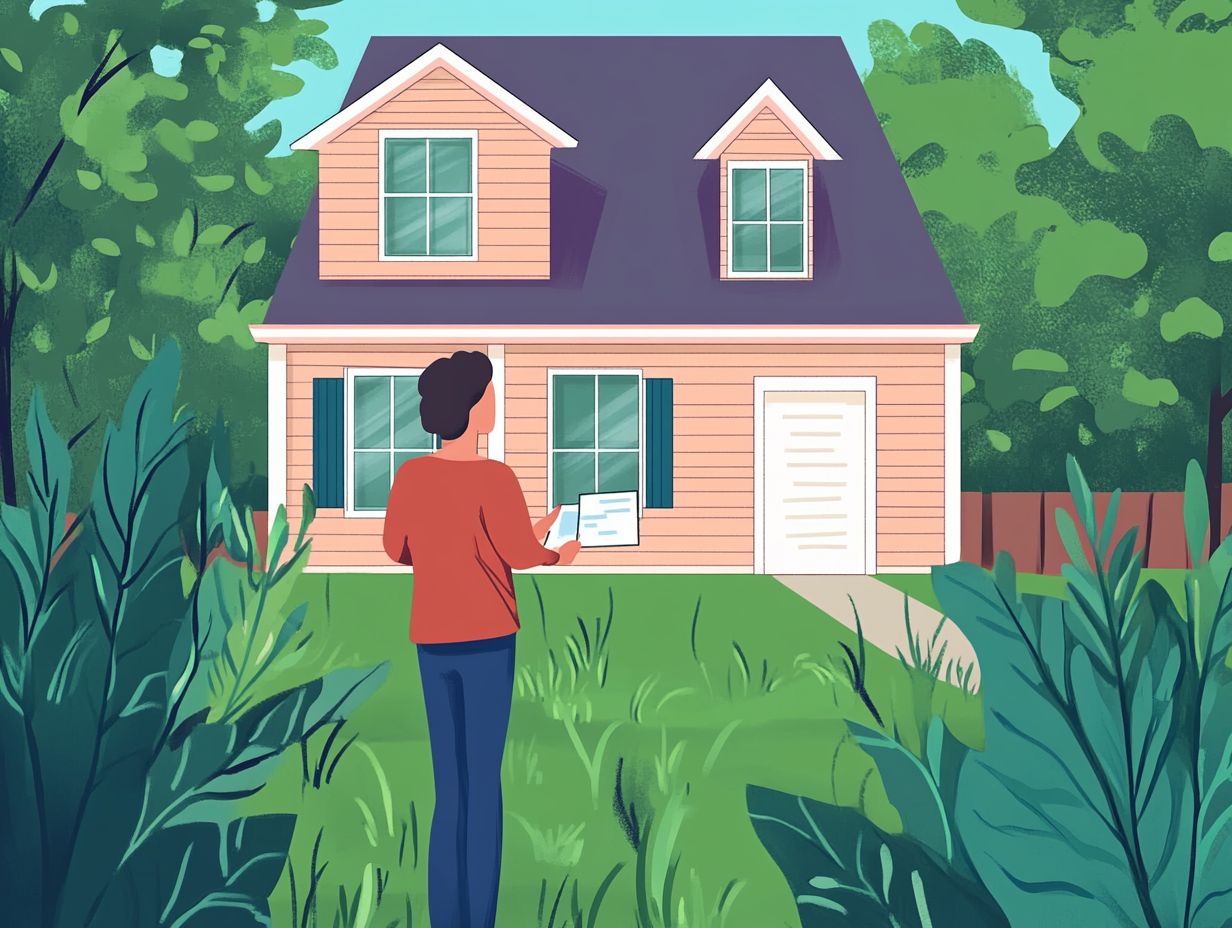How to Know If You’re Ready to Buy?
Navigating the buying process can seem daunting. However, grasping its stages and key considerations can simplify the experience significantly.
From evaluating your financial readiness to identifying your personal preferences, each factor holds immense importance in your decision-making journey.
This article will illuminate the signs that signal your readiness to buy, the essential preparations you should undertake, and the common pitfalls to evade.
Whether you re contemplating a major investment or a minor purchase, being well-informed empowers you to make a confident and satisfying choice.
Contents
- Key Takeaways:
- Understanding the Buying Process
- Factors to Consider Before Buying
- Signs That You’re Ready to Buy
- Preparing for the Buying Process
- Common Mistakes to Avoid
- Frequently Asked Questions
- What is the first step in determining if I am ready to buy?
- How can I determine if I have enough savings for a big purchase?
- What other factors should I consider before making a big purchase?
- What are some signs that I may not be ready to buy?
- Should I consult with a financial advisor before making a big purchase?
- What should I do if I am not sure if I am ready to buy?
Key Takeaways:

Assess your financial readiness and personal preferences before making a big purchase. Look for signs like stable income and clear goals to determine if you’re ready to buy. Take necessary steps and avoid common mistakes to ensure a successful buying process.
Understanding the Buying Process
Mastering the buying process is key to unlocking your dream home! This journey involves multiple stages, each demanding well-informed financial decisions to successfully navigate the complexities of the real estate market.
From evaluating mortgage rates to selecting the right real estate agent, recognizing property value is vital; it can make or break your financial future!
Stages of the Buying Process
The stages of the home-buying process unfold in a sequence that includes initial research, getting your mortgage approved in advance, searching for properties, and ultimately making an offer all culminating in the closing deal after a thorough property inspection.
Each phase is crucial for your success! Starting with initial research, grasp your budget and familiarize yourself with the real estate market in your desired area.
Securing mortgage pre-approval follows, and this step is crucial; it clarifies how much you can afford and bolsters your position during negotiations.
Once you identify suitable properties, consider not just the price but also potential closing costs, which can substantially add to your overall financial commitment.
Crafting a competitive offer is vital. This stage demands a meticulous eye for detail, ensuring all your financial decisions align with your immediate aspirations and long-term goals.
Factors to Consider Before Buying
Ahead of making the decision to purchase a home, assess both your financial readiness and personal preferences. These elements play a pivotal role in shaping your homeownership journey and ensuring they align with your long-term financial aspirations.
Financial Readiness
Financial readiness is essential for prospective homebuyers. It encompasses key factors like your credit score, down payment requirements, and your ability to maintain emergency savings while keeping a healthy debt-to-income ratio.
These elements significantly influence mortgage rates, as lenders carefully assess your preparedness to assume financial responsibilities. A higher credit score can unlock lower interest rates, dramatically decreasing the overall cost of your loan over time.
Likewise, a substantial down payment not only reduces your monthly payments but also demonstrates your commitment, lowering the perceived risk for lenders.
Maintaining a robust emergency savings fund brings peace of mind, ensuring unforeseen expenses won t threaten your homeownership dreams.
All these aspects come together to create a solid foundation for successfully navigating the intricate process of buying a home.
Personal Preferences

Personal preferences play a crucial role in your home buying journey, influencing key decisions like which neighborhood to choose, the features you desire in a property, and your overall commitment to homeownership.
These choices not only showcase your individual taste but also significantly impact property value and its potential as an investment. For instance, if you lean towards open floor plans, you might find yourself gravitating toward modern homes, which attract younger buyers and boost resale value.
Your preferences for school districts or nearby amenities such as parks and shopping can drive demand in certain areas, inevitably pushing prices higher.
By understanding how your preferences align with market trends, you can make more informed decisions that will enhance your homeownership experience and maximize your long-term returns.
Signs That You’re Ready to Buy
Recognizing the signs that you re ready to buy a house means evaluating key factors such as a stable income, adequate savings, and well-defined financial goals. These elements work together to establish your financial stability and pave the way for successful homeownership.
Stable Income and Savings
Having a stable income and sufficient savings is essential for anyone looking to become a homeowner. This financial foundation not only demonstrates your commitment to mortgage lenders but also ensures that monthly housing costs remain within your reach.
Your financial stability enhances your negotiation power with lenders and plays a significant role in determining how much mortgage you can comfortably manage. A steady paycheck means you can make consistent monthly payments, while a solid savings account may even allow you to cover the down payment and steer clear of private mortgage insurance (PMI), which is insurance that protects the lender if you stop making payments.
Together, these factors create a stronger financial profile, increasing your chances of securing a favorable interest rate. This makes homeownership not just a possibility, but a realistic and sustainable goal.
Clear Goals and Priorities
It’s important to set clear goals and priorities as a potential homebuyer. This helps you navigate the complex process of buying a home, encompassing financial aspirations, property value considerations, and strategies for building equity.
When you take the time to outline what you genuinely desire in a home, you are far better equipped to make informed decisions that resonate with your current life circumstances. This thoughtful approach gives you the power to weigh factors such as location, size, and amenities against your long-term aspirations whether that means starting a family, downsizing, or investing for the future.
Having clear objectives can guide your choices regarding budgeting, financing options, and the timing of your purchase. This ultimately fosters a smoother transition into this significant chapter of your life.
When you prioritize what matters most, you set the stage for a fulfilling homeownership experience!
Preparing for the Buying Process
Preparing for the buying process requires you to take several essential steps.
- Begin by obtaining mortgage pre-approval, which sets a solid foundation for your financial readiness.
- Next, dive into researching property values to ensure you re making informed decisions.
- Don t overlook the costs associated with home inspections and closing; these can significantly impact your overall budget.
Throughout this journey, collaborating with a knowledgeable real estate agent will further enhance your experience, guiding you through each phase with expertise.
With these steps in place, you’re ready to embark on the exciting journey of homeownership!
Steps to Take Before Making a Purchase

Before you make that purchase, it’s essential to follow some key steps:
- Getting approved for a loan
- Conducting a thorough property inspection
- Considering closing costs to ensure a seamless buying process
Understanding these components helps you budget effectively. It also lays the groundwork for informed decisions. Start by researching and creating a budget that includes all potential closing costs, such as appraisal fees, title insurance, and transfer taxes.
Obtaining loan approval is another critical step; it strengthens your offer and clarifies what you can comfortably afford.
Don t underestimate the importance of a comprehensive property inspection. It can reveal hidden issues that might save you from unexpected expenses later on. By meticulously navigating these steps, you can significantly enhance your journey toward homeownership.
Common Mistakes to Avoid
Avoiding common pitfalls during the home buying process is crucial for first-time homebuyers.
Missteps in financial decisions, underestimating closing costs, and neglecting property inspections can have lasting negative effects on your journey to homeownership.
Every choice you make can significantly impact your future, so it s vital to navigate this process with care and diligence.
Pitfalls to Watch Out For
In the home buying journey, you may encounter pitfalls such as overlooking mortgage rates, neglecting homeowners insurance, and failing to accurately estimate closing costs. These can impact your overall financial commitment.
Many buyers underestimate how crucial it is to research mortgage options, resulting in higher monthly payments than anticipated. Skipping a thorough review of homeowners insurance can leave you exposed to unexpected expenses during emergencies.
Don’t overlook closing costs they can quickly drain your savings if you’re not prepared!
To mitigate these risks, engage in comprehensive research, consult with financial advisors, and collaborate closely with real estate professionals. This approach provides invaluable insights, ensuring you remain well-informed and prepared throughout the process.
Frequently Asked Questions
What is the first step in determining if I am ready to buy?
The first step in determining if you are ready to buy is to assess your financial situation. Evaluate your income, expenses, and credit score to determine if you are in a good position for a big purchase.
How can I determine if I have enough savings for a big purchase?

To determine if you have enough savings, create a budget and calculate how much you can comfortably afford to spend. Don’t forget to consider additional costs like down payments, closing costs, and ongoing maintenance expenses.
What other factors should I consider before making a big purchase?
Aside from your financial situation, consider your current living situation, job stability, future plans, and the current market conditions for the item you are looking to buy.
What are some signs that I may not be ready to buy?
If you have significant debt, a low credit score, or an unreliable income source, these are signs that you may not be ready for a big purchase. A stable financial foundation is essential before taking on a large expense.
Should I consult with a financial advisor before making a big purchase?
It s always a good idea to consult with a financial advisor before making a big purchase. They can provide valuable advice and help you assess if you are truly ready to make the purchase. They also offer guidance on budgeting and managing your finances.
What should I do if I am not sure if I am ready to buy?
Unsure about making a big purchase? First, look at your budget and savings.
Talking to a financial advisor or friends who have made similar purchases can be very useful. Be smart and take your time. Getting fully prepared can save you from costly mistakes!






